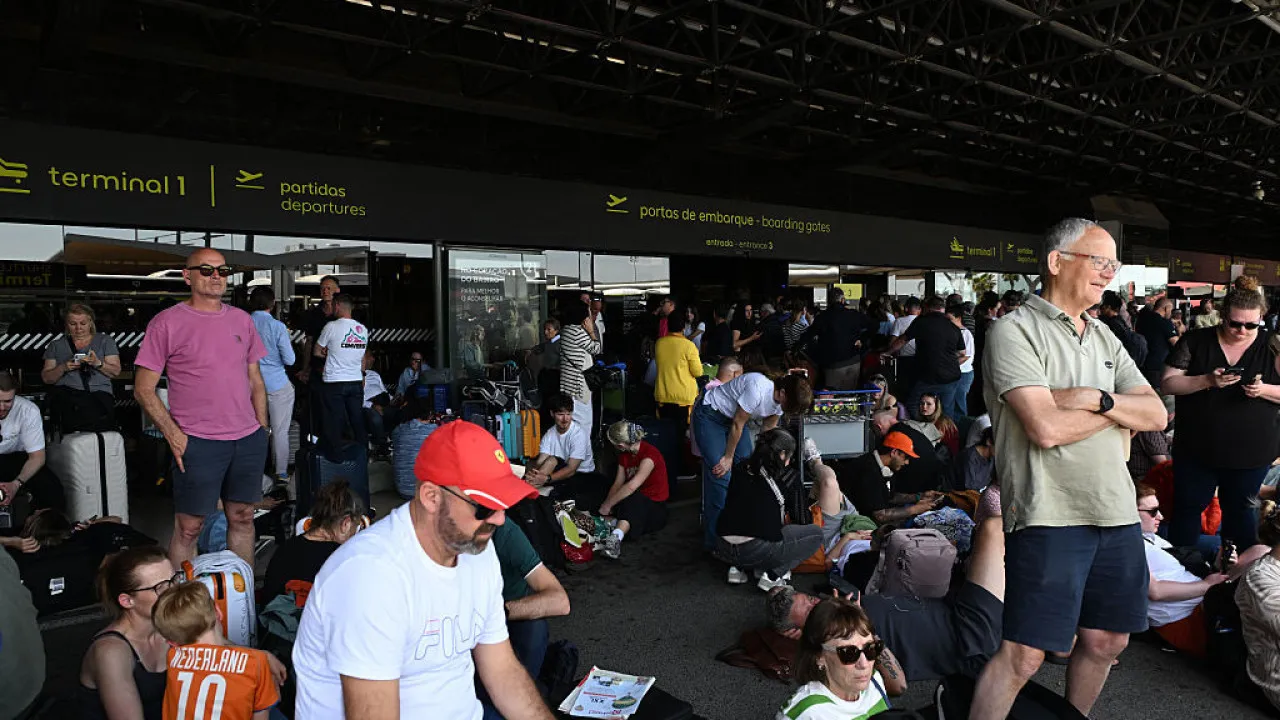Private jet flights, with a capacity of up to 19 passengers, will from today pay a carbon tax of two euros per passenger.
According to the ordinance published in the Diário da República on April 21, “the scope of the carbon tax was changed to cover the consumer of air travel on aircraft with a maximum capacity of up to 19 seats.
In July 2021, the government introduced a carbon tax for passengers on air, sea and river travel, worth two euros per person, “as compensation for the emission of pollutant gases and other negative environmental externalities caused by these means of transport.
In December last year, a law was passed that broadened the scope of this tax, “determining the need for the Government, as of July 2023, to introduce a carbon tax for the consumer of air travel on aircraft with a maximum capacity of up to 19 seats, with a calculation mechanism based on aircraft capacity and the distance traveled by the flight.”
This is an initiative presented by PAN in parliament, as a proposed amendment to the State Budget for 2023 (OE2023), which the government accepted.
According to the ordinance, the tax is levied on the consumer of air travel and is collected and paid “by the owner of the aircraft if it is not being operated by another entity”, “by the aircraft operator in other cases of non-commercial flights” or “by the air carriers that perform the flights and market them”.
Excluded from payment of the fee are flights in all-electric aircraft, transport services covered by public service obligations, state flights, instruction flights, medical emergency flights performed within the framework of the integrated medical emergency system, search and rescue flights, and take-offs following landings for technical, meteorological or similar contingencies.
The revenues from the carbon tax are transferred by the National Civil Aviation Authority (ANAC) to the Environmental Fund.








